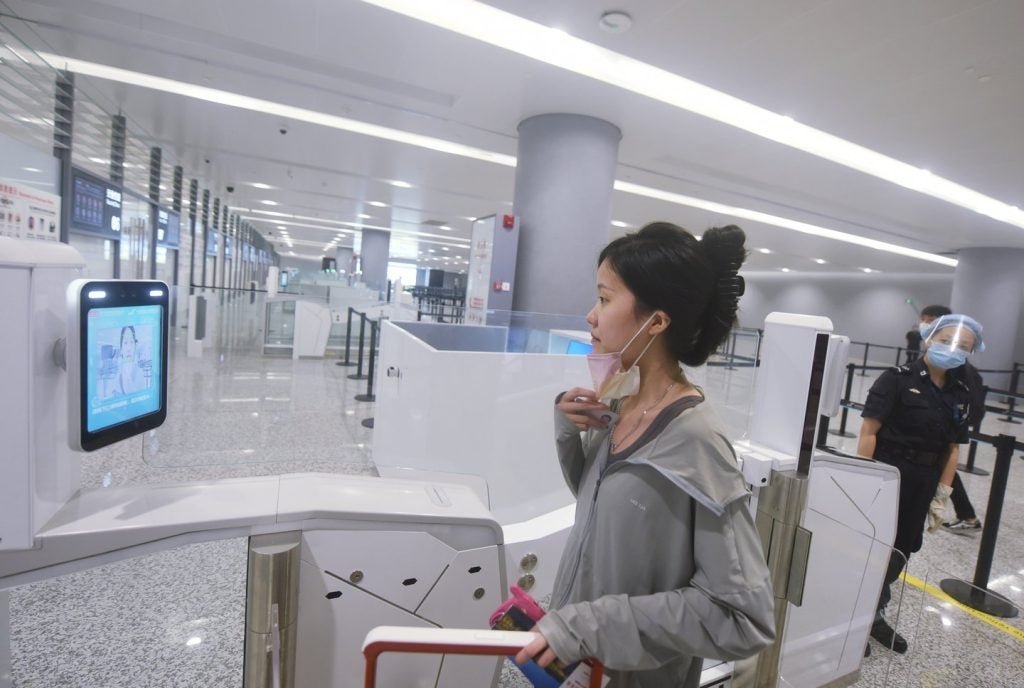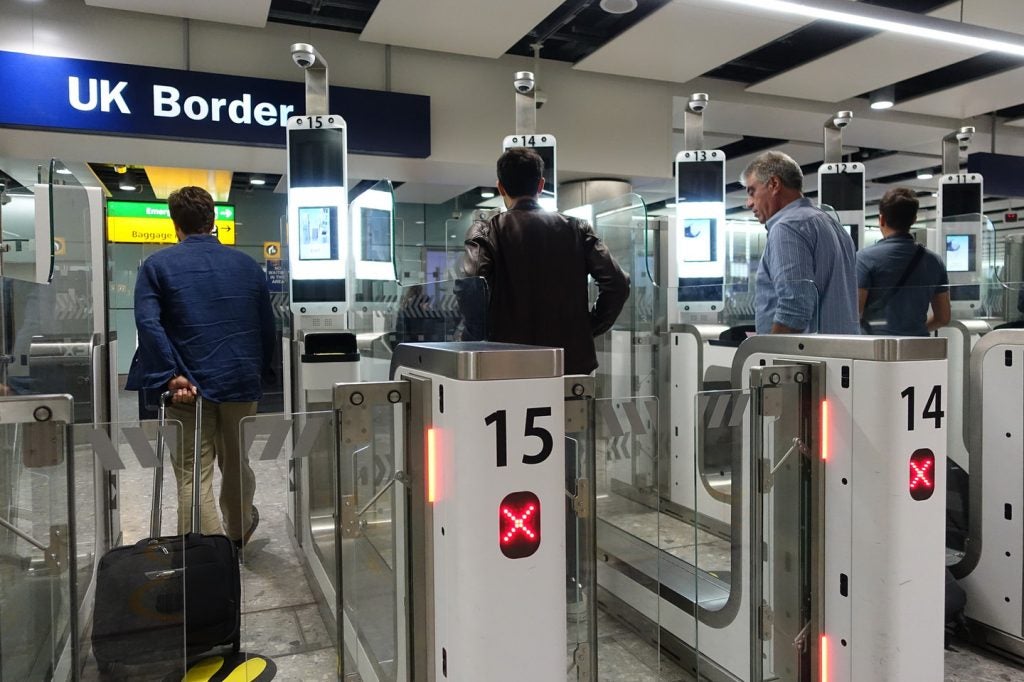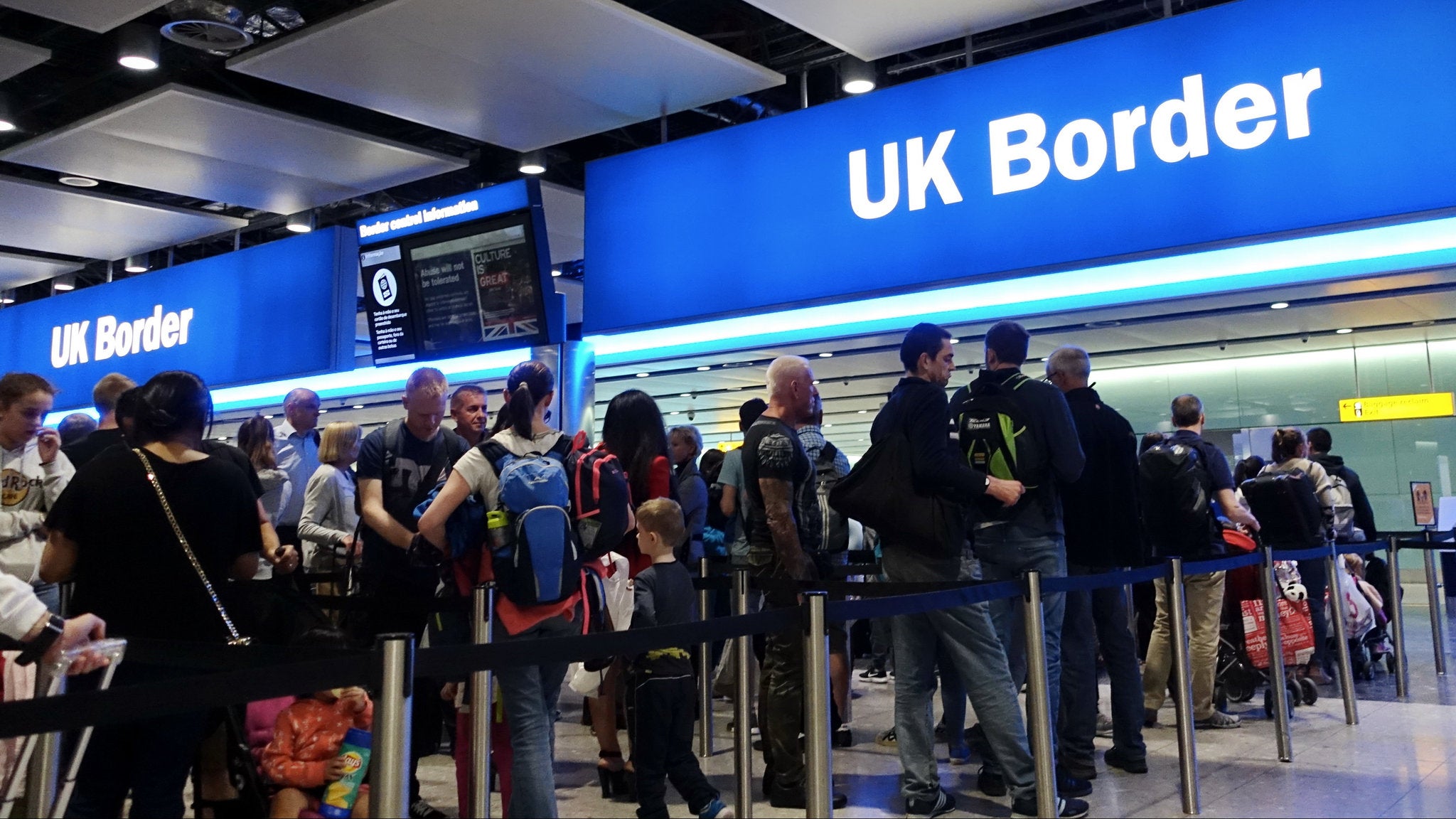Reports at Christmas that border force operations were “better than usual” after British Armed Forces took over passport control due to airport staff strike action will no doubt have stung.
Government and airport authorities were braced for disruption as 1,000 workers began a week-long strike at six airports, but the reaction was notable, with one traveller reported as saying: “You can see, when it’s run by the army, it’s on a different level of efficiency. They’re working at pace.”

While this situation certainly grabbed the headlines at the time, it’s illustrative of some longstanding challenges facing the travel industry. For example, the shortage of airport workers and industrial disputes seen last year resulted in a ‘summer of discontent’ for travellers the world over – a problem expected to peak this summer.
And while the news that, in January, Europe’s airports came close to a full recovery in passenger numbers for the first time since before the pandemic will be welcomed by many, it puts further pressure on already struggling systems.
Aside from the pressures created by recovering passenger volumes, one of the most pressing issues facing airport operations and border force teams is that of unpredictability.

For example, in the first half of last year, more than 120,000 flights were cancelled in the US alone, surpassing pre-pandemic levels. If that wasn’t enough to test the resources, capacity, and planning capabilities of airports, almost a million flights were delayed in the same period.
How well do you really know your competitors?
Access the most comprehensive Company Profiles on the market, powered by GlobalData. Save hours of research. Gain competitive edge.

Thank you!
Your download email will arrive shortly
Not ready to buy yet? Download a free sample
We are confident about the unique quality of our Company Profiles. However, we want you to make the most beneficial decision for your business, so we offer a free sample that you can download by submitting the below form
By GlobalDataMost of the time it isn’t something like strike action that impacts flights – often it’s the weather that suddenly impacts arrival and departure plans.
While these organisations work hard to manage resources and timetables to mitigate the effect of uncertainty, it can be extremely challenging to readjust at short notice.
Modernising processes is crucial
Continuing reliance on manual processes only exacerbates the problems, which can have serious knock-on effects, particularly when cargo aircraft are delayed.
Clearly, the underlying remedy to many of these issues is to ensure these mass transit travel hubs have the right amount of qualified airport staff available at the right times.
Aside from increasing staffing levels, upgrading the technology infrastructure used by border control to include greater use of facial recognition software, automated passport control systems, and advanced security scanners can play a useful role in enhancing efficiency and accuracy.
“Continuing reliance on manual processes only exacerbates the problems.”
In addition, streamlining processes for travellers can also help to limit congestion and improve the overall experience, including reducing paperwork requirements and implementing pre-clearance programmes.
Crucially, the legacy processes and technologies used to roster airport staff across the industry mean planners require significant time to input new information and rearrange schedules throughout the day.
These schedules then need to be distributed to teams and individuals in the field, with new changes often communicated via telephone to ensure they are received and acted upon. These activities are continual and happen while planners are also addressing the intricacies of the working day, such as staff illness, holidays, or certification problems.
Dynamic problems need dynamic solutions
Dynamic scheduling and rostering, in contrast, are technology led-approaches that allow these manual tasks to be intelligently managed, allowing planners to ensure they have the right resources available and focus on providing a more efficient service delivery for their teams.
In practical terms, mobile staff can be deployed much more effectively than when manual legacy processes are used, ensuring their skills are better utilised, and they are working to full capacity.
Armed with this insight and agility, management can make more informed decisions about where to deploy airport staff – an ability which is particularly useful when unexpected challenges arise or operational uncertainty throws pre-planned arrangements into doubt.
“Mobile staff can be deployed much more effectively than when manual legacy processes are used.”
For the staff members themselves, using smarter rostering and dynamic scheduling software provides full visibility of their work patterns and tasks, together with accurate and timely notifications should any changes occur.
As their shift takes place they can update their job status, which is reflected in the scheduling insight and workflow data provided to planners, resulting in a virtuous cycle of planning and reporting.
The result is that when aiport staff are rostered on for a shift, they spend more time doing work that meets current requirements and are given tasks that are appropriate to their skillset, certifications, and experience.

As the travel industry gears up for a busy summer, the pressures created by recovering passenger numbers and continuing staff shortages will continue to test existing processes and technologies.
Looking further ahead, building more efficient and intelligent systems, particularly those used at border crossings and customs checks, will be vital to ensuring that safety and security can be assured.
At the same time, industry stakeholders can ensure that they focus on one of the most important contemporary issues driving consumer behaviour – boosting the quality of the experience.





Related Company Profiles
TotalMobile, Inc.